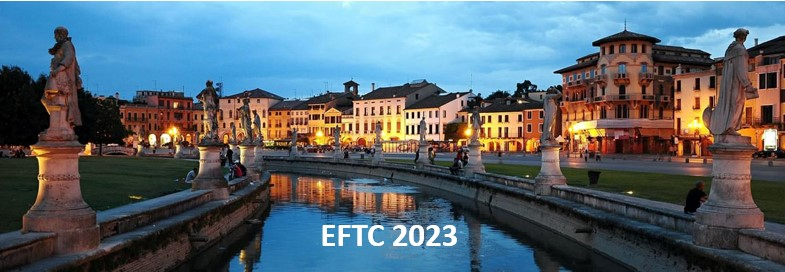Speaker
Description
Modelling the large amplitude fluctuations of the plasma edge, particularly across the separatrix into the hot scrape-off layers of future reactors, can require costly full-f kinetic simulations, with heavily restricted time-step due to uninteresting fast waves [1]. Here we demonstrate the first steps in the implementation of a method allowing consistent evolution of the system up to the transport timescale, at much lower numerical cost.
We formulate a coupled set of equations which describe the evolution of the low-order moments of the distribution function of each species, closed by the kinetic evolution of the species’ normalized distribution ‘shape’ function. Removal of the low-order moments allows accuracy to be retained when evaluating the closure across a domain where the plasma parameters vary strongly, typical of the plasma edge. It also ensures that the low-order moments remain consistent with the distribution function as the system evolves. Here we present the drift-kinetic limit of the system in a helical field geometry, with low magnetic field line pitch angle and assuming Boltzmann electrons [2].
We simplify to a 1D geometry, with a reduced description of essential ion-neutral interactions, and demonstrate agreement between numerical solutions obtained with the moment-kinetic method and those with a standard drift-kinetic solver. With periodic boundary conditions we identify a damped mode with charge-exchange reactions, and demonstrate numerical agreement with the analytically derived decay rates. With wall boundary conditions, we demonstrate successful formation of a steady-state solution with a sheath-edge boundary condition. Numerical implementation in the helical field geometry is ongoing.
This work has been funded by the EPSRC Energy programme [grant number EP/W006839/1]
References:
[1] W.W. Lee, “Gyrokinetic particle simulation model” J. Comput. Phys. 72 243–69 (1987)
[2] M. R. Hardman et al., “A kinetic model of ions and neutrals with wall boundary conditions in edge plasmas”, Varenna-Lausanne Workshop P29 (2022)
